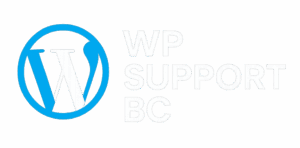Broken Links
Broken Links & Redirect Management
Fix 404s and redirect chains, recover lost link equity, and guide users to the right content. We scan your site, build a redirect map, and monitor for regressions so SEO and conversions keep moving forward.

Common problems we fix
Orphaned URLs, deleted pages, moved content, and trailing-slash or case issues.
Multiple hops, mixed protocols (HTTP→HTTPS), and non-www/www conflicts.
Map old structures to new slugs with regex rules and fallback patterns.
Our approach
Crawl + logs + Search Console to list 404s, soft-404s, and broken internal links.
Consolidate duplicates, define canonical targets, and build redirect rules.
Deploy at server/WAF or plugin level with regex, wildcards, and priority order.
Track errors, crawl budget, and lost/gained clicks; prevent new regressions.
Redirect map (example)
| From | To | Type | Note |
|---|---|---|---|
| /old-blog/post-title | /blog/post-title | 301 | Migrated blog structure |
| /Products/widget-X | /products/widget-x | 301 | Case normalization |
| /page | /page/ | 301 | Trailing slash policy |
| http://example.com/about | https://example.com/about | 301 | Protocol canonicalization |
| /services/web-dev | /services/development/custom-wordpress-website-development/ | 301 | Updated service slug |
Broken Links & Redirects — FAQs
404s waste crawl budget, create poor UX, and leak link equity. Redirecting to the best match preserves authority and rankings.
No. Redirect relevant legacy URLs to strong equivalents. Truly obsolete pages can return 410 (Gone) to clean up the index faster.
Prefer server/WAF rules for performance and reliability. Plugins are fine for small sites but can add overhead if overused.
We point old URLs directly to the final destination, enforce canonical rules, and run crawls after deployment to catch new chains.
